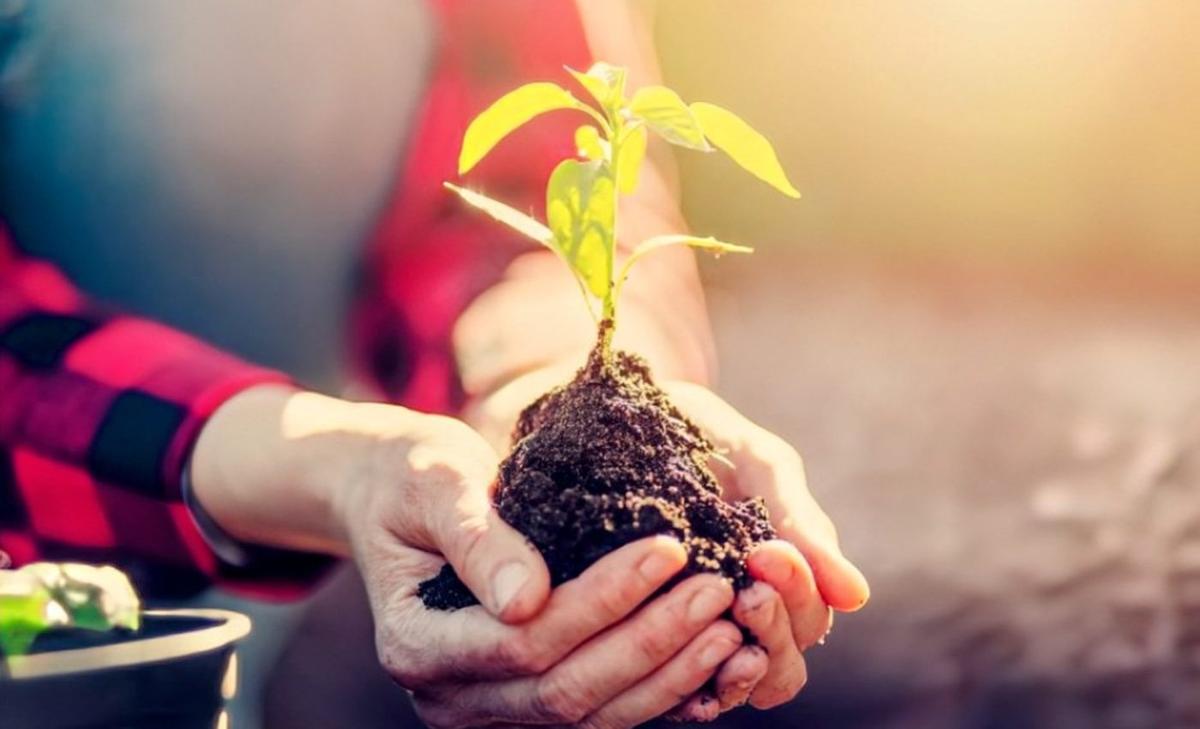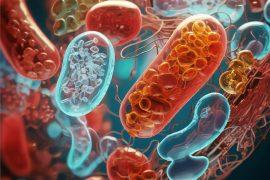
Smart soil can absorb water from the air and feed itself
In an era where sustainable practices are gaining increasing momentum, hydrogel has emerged as a game-changer in the field of agriculture.
Imagine a type of soil that can hydrate plants and control the release of nutrients as needed. This is no longer a distant concept.
A new smart soil represents a revolutionary approach to managing farms and gardens, making agriculture more efficient and eco-friendly.
Birth of a revolutionary material: hydrogel
The research was conducted at The University of Texas at Austin. The key to this smart soil is an ingenious hydrogel material developed by the researchers. This material can absorb water and nutrients, releasing them in controlled amounts as needed by the plants.
In a series of tests, the soil infused with hydrogel nurtured healthier, larger plants compared to their regular soil counterparts, and it did so more efficiently, requiring less water and fewer nutrients.
The hydrogel’s capacity to retain moisture and nutrients minimizes waste and ensures that plants receive optimal care.
Jungjoon Park is a graduate student in the Walker Department of Mechanical Engineering who led the research. “This new gel technology can reduce the burden on farmers by decreasing the need for frequent irrigation and fertilization,” said Park.
He continued by noting the versatility of the technology that makes it adoptable across varying climates, from arid regions to temperate areas.
This adaptability is crucial as it means that farmers in different parts of the world can benefit from this innovation regardless of the local climate conditions.
Addressing water scarcity
In the modern world, agriculture is responsible for an alarming 70% of global freshwater withdrawals, with figures reaching up to 95% in some developing countries.
As global population numbers continue to increase, improving the efficiency of water usage in farming practices has never been more critical.
Traditional farming techniques pose several challenges, including inefficient water usage, land degradation, and over-exposure of nutrients leading to pollution.
These problems not only affect the environment but also the long-term sustainability of agricultural practices.
“The global water scarcity coupled with a growing population has an immediate impact on food security,” said study co-author Professor Guihua Yu. He emphasized that the new class of hydrogels can provide a viable solution to combat water scarcity and promote efficient nutrient uptake.
The development of such innovative solutions is crucial in ensuring that agriculture can meet the demands of a growing population without depleting the planet’s resources.
The impact of hydrogel
In a head-to-head comparison, plants rooted in the new hydrogel soil saw a staggering 138 percent increase in stem length compared to plants in regular soil.
Furthermore, this smart soil achieved water savings of about 40 percent. This will significantly reduce the need for regular irrigation and promote robust crop development.
The impressive results highlight the potential of hydrogel-infused soil to revolutionize agricultural practices.
The fascinating research draws on previous findings about hydrogels’ ability to extract water from the atmosphere, making farming practices more efficient.
The study is part of a broader mission to increase access to clean water worldwide, a commitment dating back to the professor’s early life.
By harnessing the power of hydrogels, researchers are not only improving agricultural efficiency but also contributing to global efforts to ensure that clean water is available to all.
The future of hydrogel soil
While the present research primarily focuses on calcium-based fertilizers, the scientists plan to continue their work.
Future steps include integrating various types of fertilizers and conducting extensive field tests. These tests will help determine the full range of benefits that hydrogel-infused soil can offer and how it can be best utilized in different agricultural settings.
With such promising results already unveiled, it is safe to say that we may be on the cusp of a major shift in agriculture, heralding a new era of sustainable farming.
The potential for hydrogel soil to transform agricultural practices and promote sustainability is immense, and future research will undoubtedly reveal even more exciting possibilities.
The research is published in the journal ACS Materials Letters.
—–
Like what you read? Subscribe to our newsletter for engaging articles, exclusive content, and the latest updates.
Check us out on EarthSnap, a free app brought to you by Eric Ralls and Earth.com.
—–












